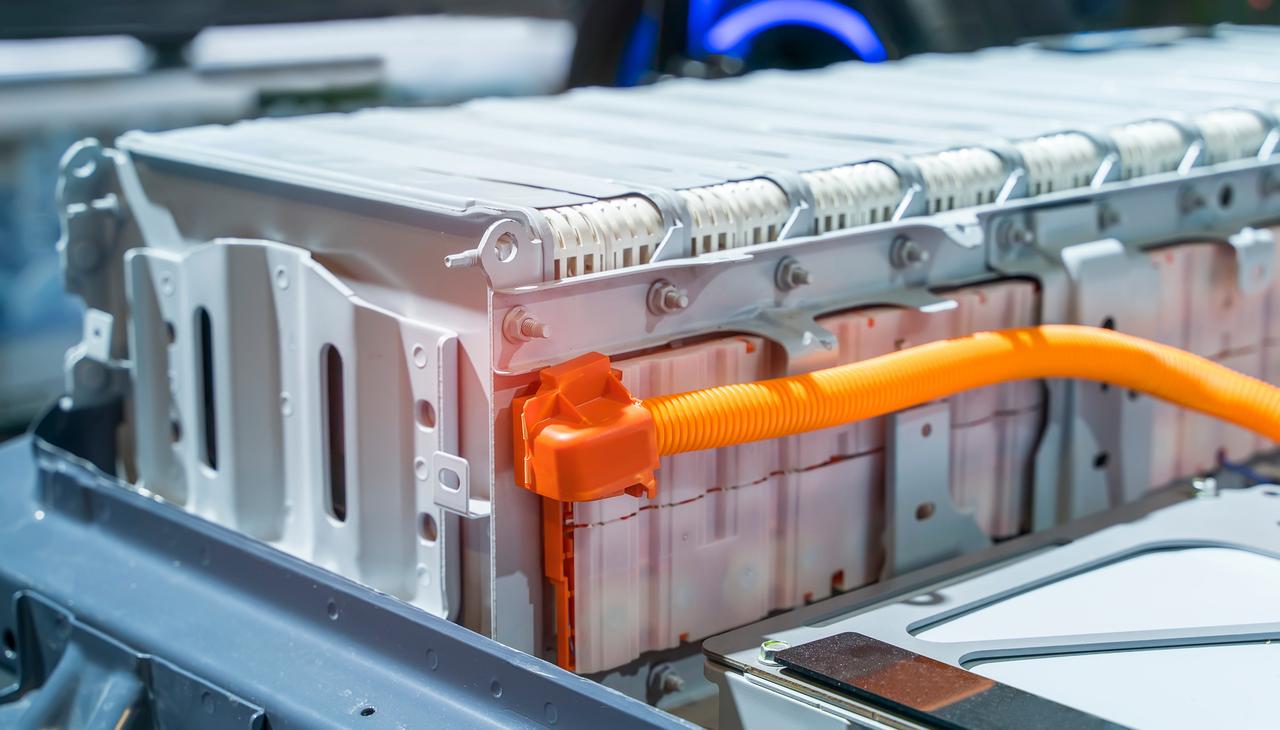CIRPASS: Ecosystem for Digital Product Passports
Avery Dennison is paving the way for large-scale adoption of CIRPASS and Digital Product Passports (DPPs) in textiles, electronics and Electric Vehicle Batteries (EVBs).
Avery Dennison’s leadership in circular economy
Recent EU legislation requires that by 2027 items in those supply chains are ‘traceable’ to enhance transparency and consumer information as an enabler to create more circular products. It will improve the management and sharing of product-related data which are critical to ensuring their sustainable use, prolonged life, and circularity. By working with the European Commission, we are enabling global businesses to prepare for the upcoming changes in regulation.
Successful compliance with new regulations starts with understanding the structure behind the systems. There are three key elements to be addressed here:
- the Collaborative Initiative for a Standards-based Digital Product Passport for Stakeholder-Specific Sharing of Product Data for a Circular Economy (CIRPASS);
- the Digital Product Passport (DPP);
- the Digital Battery Passport (DBP).
"Avery Dennison is proud to be a partner, sharing expertise and knowledge to help develop a solution for the challenges ahead."
CIRPASS: Collaborative initiative
The DPP initiative is part of the Ecodesign for Sustainable Products Regulation (ESPR). It is one of the key actions under the EU’s Circular Economy Action Plan, or CEAP. CIRPASS, of which Avery Dennison’s atma.io connected product cloud is an Associate Partner, was formed to prepare the ground for gradual piloting and deployment of the DPP program. It is funded by the European Commission under the Digital Europe Programme (DIGITAL).
In October 2022, the CIRPASS project kicked off with a meeting in Brussels. With 30 partners representing thousands of industrial, digital, international, standards and regulatory organizations and NGOs across Europe, the 18-month project will respond to the European Commission’s call on creating a clear concept of the DPP, defining a cross-sectoral product data model with demonstrated benefits for the circular economy as well as developing roadmaps for its deployment. Various activities will be announced throughout the project, including joining Expert and Stakeholder groups, participating in CIRPASS’s workshops and public events, responding to consultations and much more.
CIRPASS deployment of DPPs
CIRPASS aims to prepare the ground for the gradual piloting and deployment of the DPPs from 2023 onwards by opening up possibilities for innovative workflows to further the circularity of the flow of tangible goods, but also for consumer information. Initially, focus will be on three priority areas: the electric & electronics, battery, and textile sectors:
Electronics
The focus is on gathering information as products are manufactured to promote circularity, encourage consumers to make eco-conscious choices, and enable longer product lifetime via reuse, repair, correct sorting, and recycling. Durability and reparability are likely to be a key part of the electronics DPP, especially following the EU right-to-repair law.
Batteries
Every industrial battery above 2kW/h and all electric vehicle batteries must come with a digital battery passport, with information linking to safety requirements and the targets for recycled content in batteries. Data must be provided about material sourcing, carbon footprint, percentages of recycled materials used, battery durability, repurposing and recycling guidelines.
Textiles
All textile-based products will need a unique digital log containing sustainability-related information. Although such requirements are yet to be published, we expect it to focus on product origin, composition, environmental impact, as well as how it should be cared for, reused, and recycled at end of life so it can continue on its circular journey.
"Our work, in close collaboration with project partners, will create standards-based DPP prototypes and an implementation blueprint for deploying an interoperable digital product passport sustainably and at scale. "
- Max Winograd, VP of Digital Solutions
atma.io and the CIRPASS ecosystem
In 2022, Avery Dennison’s atma.io connected product cloud joined the CIRPASS consortium, bringing together a core network of leading organizations in building the European vision for a unified DPP approach across multiple value chains.
The vision of the atma.io platform is that every product should have a unique digital ID that persists throughout the value chain and enables all stakeholders to see the true self (or “atma”, soul) of the product. It serves as the foundation for sustainable, trusted connections between every item, every company, and every person. Flexible and agile, it benefits from Avery Dennison's Fortune 500 global footprint, pioneering research and development, expertise and reliability. It enables us to be nimble and at the same time leverage the scale and staying power of a global company.
The atma.io app store approach enables brands to tap into an ecosystem of applications to unlock every connected product use case imaginable; customers and partners have the ability to build on top of atma.io's end-to-end platform and tap a new channel for growth.
CIRPASS lays the groundwork for a cross-sectoral DPP based on common rules, principles, taxonomy, and standards. Design and introduction of the passports relate to technological feasibility and technical support for circular economy strategies.
It ensures conformity to the needs of various stakeholders, especially companies and consumers, promotes economic viability and contributes to monitoring and guiding the introduction of the circular economy by political and administrative actors. It is a collaborative approach to defining data standards and piloting.
